WHAT DOES DRUG ADDICTION MEAN ?
DRUGS
In Drugs Addiction, Drugs refer to substances that are used to diagnose, treat, prevent, or alleviate symptoms of a disease or condition.
ADDICTION
“Addiction is a chronic condition.” There are two main forms of addiction :-
- Substance use Disorders :- The term substance use disorder (SUD) is used to describe a condition in which an individual becomes dependent on or addicted to a substance.
- Behavioral Addictions :- The term Behavioral addiction refers to a compulsion to engage in a particular behavior repeatedly, despite the negative consequences it may cause in a person’s life.
CAUSES OF ADDICTION
Doctors at Nasha Mukti Kendra explain that addiction does not stem from a single cause; instead, it is a highly complex condition. One important factor in the development of addiction is the changes it causes in brain chemistry. Additionally, mental health conditions significantly contribute to the onset of addiction. There is a strong connection between addiction and mental health disorders such as depression, post-traumatic stress disorder (PTSD), and bipolar disorder. In fact, approximately half of individuals with a mental health condition also experience a substance use disorder (SUD), and vice versa.
Furthermore, environmental factors increase the risk of addiction. A key risk factor is the availability of substances. For example, factors that raise the likelihood of exposure and the opportunity for substance use include living with a household member or peers who use substances or being prescribed medications prone to misuse, such as opioids or stimulants.
CONSUMING METHOD
There are several methods of consuming drugs by history of patients of Vyasan Mukti Centre:
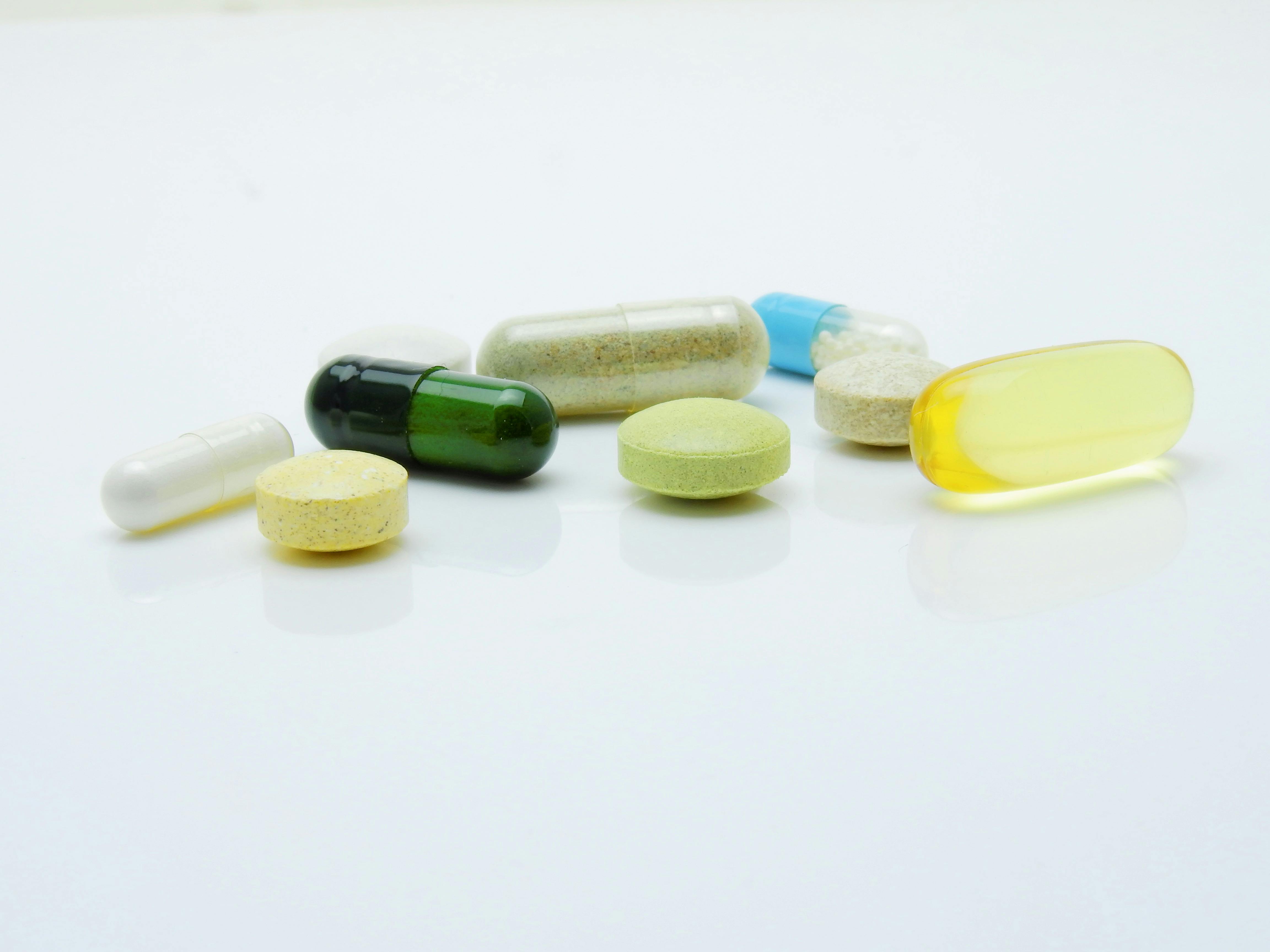
Tablets are taken orally
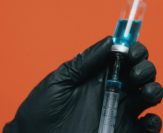
Injectable solutions are administered intravenously or intramuscularly

Lozenges or lollipops are dissolved in the mouth

Nasal sprays are inhaled through the nose
CONSEQUENCES OF ADDICTION
Physical Health Consequences
- Organ Damage: Chronic substance abuse, such as alcohol, drugs, or smoking, can lead to severe organ damage. For example, alcohol abuse can damage the liver, while opioids can harm the respiratory system.
- Increased Risk of Diseases: Addictive behaviors can increase the risk of developing life-threatening diseases such as:
- Liver disease (from alcohol)
- Cancer (from smoking, alcohol, or drug use)
- Cardiovascular disease (from tobacco, alcohol, and drug use)
- Lung disease (from smoking and vaping)
- HIV/AIDS or Hepatitis C (from sharing needles in drug use)
- Gastrointestinal problems
- Hormonal imbalances
- Overdose and Death:Drug and alcohol addiction can lead to overdose, particularly with substances like opioids, heroin, or cocaine. As a result, overdose can cause severe health complications and, in some cases, even be fatal. Therefore, it is crucial to recognize the dangers of addiction and take steps to seek help before it reaches a life-threatening point.

Emotional and Psychological Consequences
- Shame and Guilt: People with addiction often feel deep shame and guilt about their behavior, and as a result, they can experience low self-esteem, self-blame, and emotional pain.
- Isolation:Addiction can cause emotional withdrawal, whereas individuals often distance themselves from friends, family, and social networks due to shame, secrecy, or an obsession with the addictive behavior.

Financial Consequences
- Financial Ruin: Addiction, especially to substances like drugs or alcohol, causes significant financial problems. Consequently, people often spend large amounts of money to feed their addiction, which in turn leads to debt, loss of savings, and overall financial instability.
Behavioral Consequences
- Criminal Behavior: Some individuals turn to illegal activities, such as theft, fraud, or violence, to support their addiction. This behavior is especially common with substances like heroin, cocaine, or alcohol, as the need to feed the addiction often drives individuals to desperate measures.
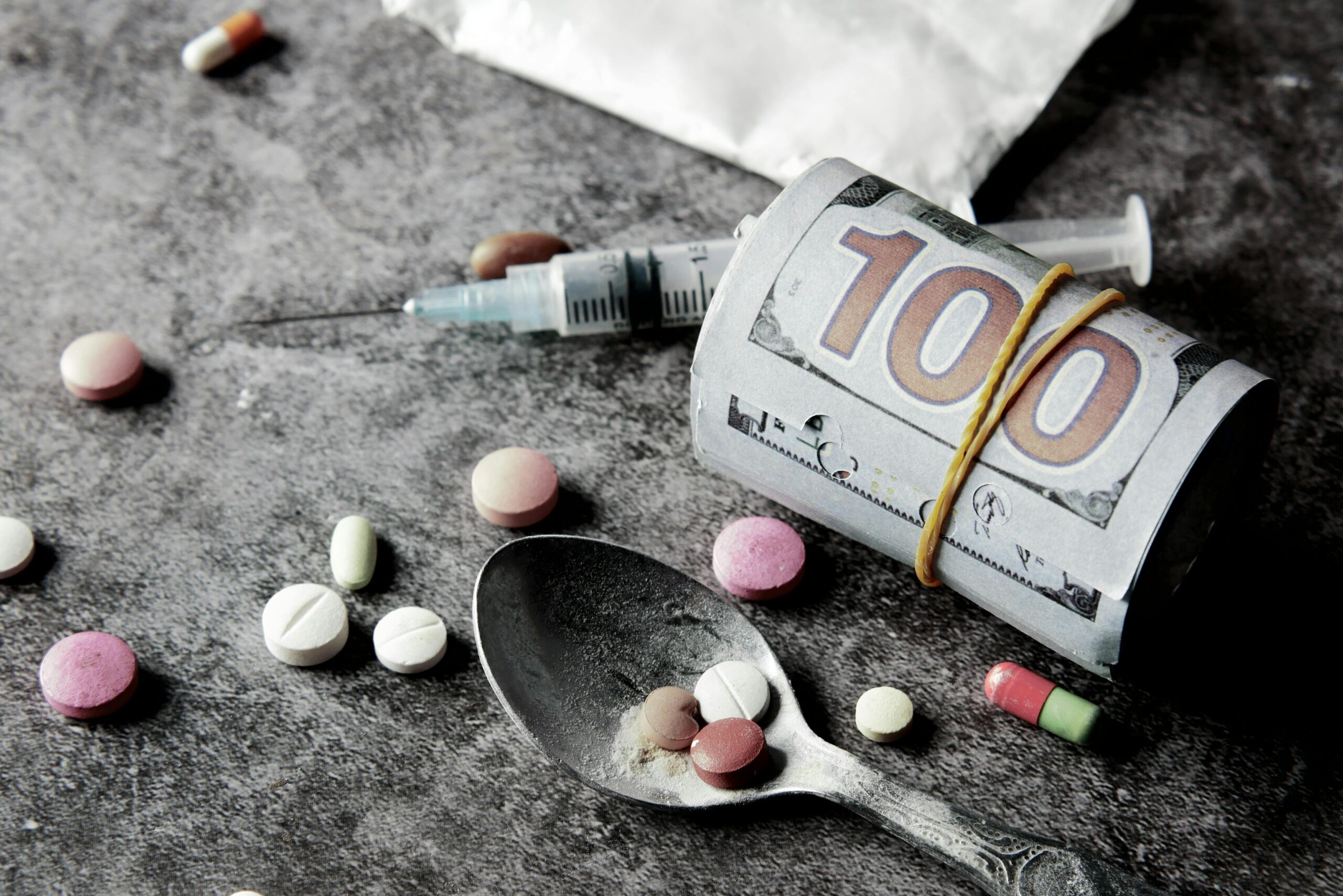
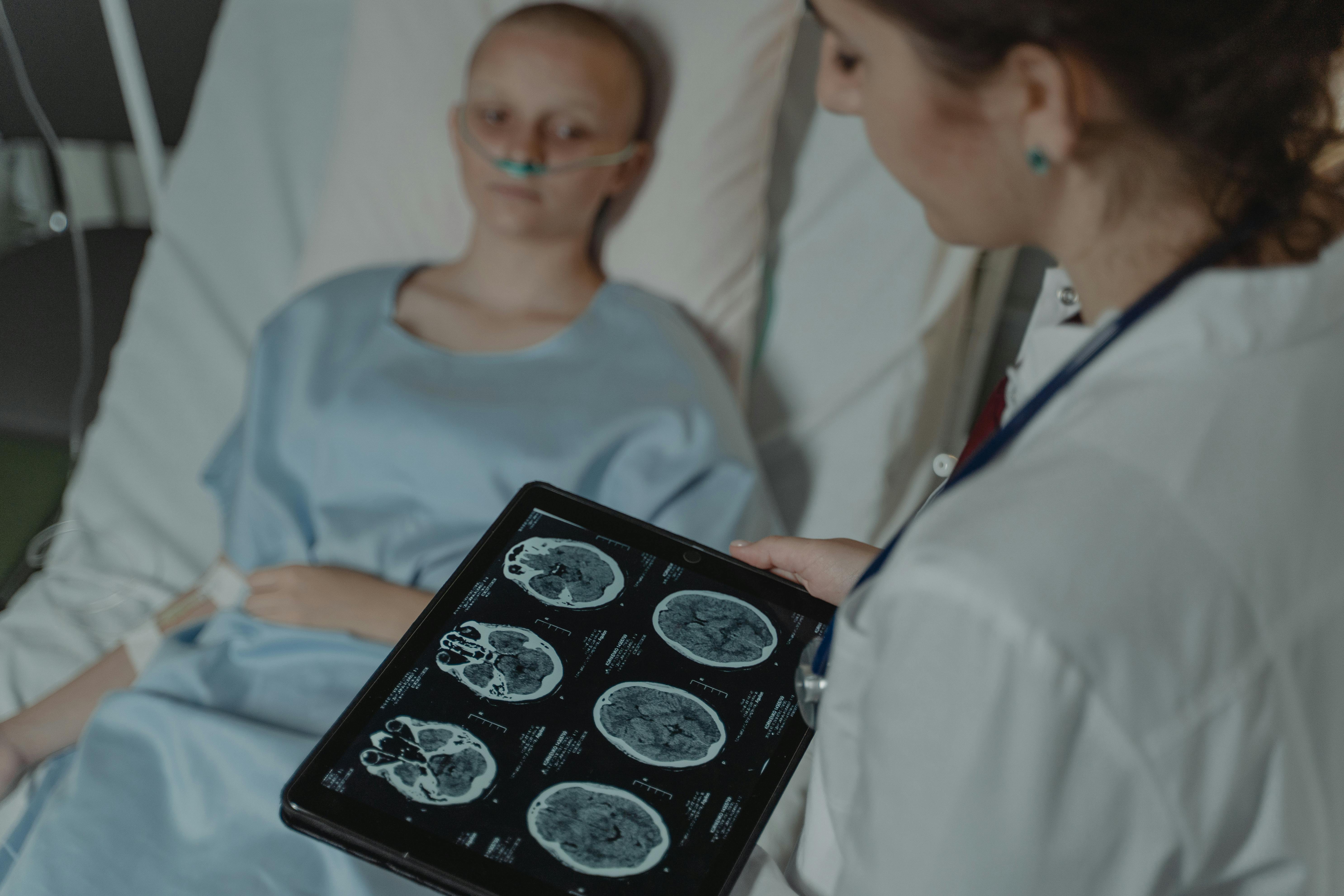
Mental Health Consequences
- Mental Illness: Addiction can contribute to or worsen existing mental health conditions like depression, anxiety, and bipolar disorder. In addition, it can also lead to new mental health issues, such as paranoia, hallucinations, and cognitive impairment.
- Increased Risk of Suicide: Individuals with addiction are at an elevated risk of suicidal thoughts and actions, primarily due to feelings of hopelessness, despair, and emotional numbness associated with substance abuse or behavioral addiction.
Social Consequences
- Divorce and Family Breakdown: In many cases, addiction causes marital problems, divorce, and the breakdown of family units. This happens because spouses or family members often struggle to cope with the behavior or consequences of addiction, which in turn further strains relationships and support systems.

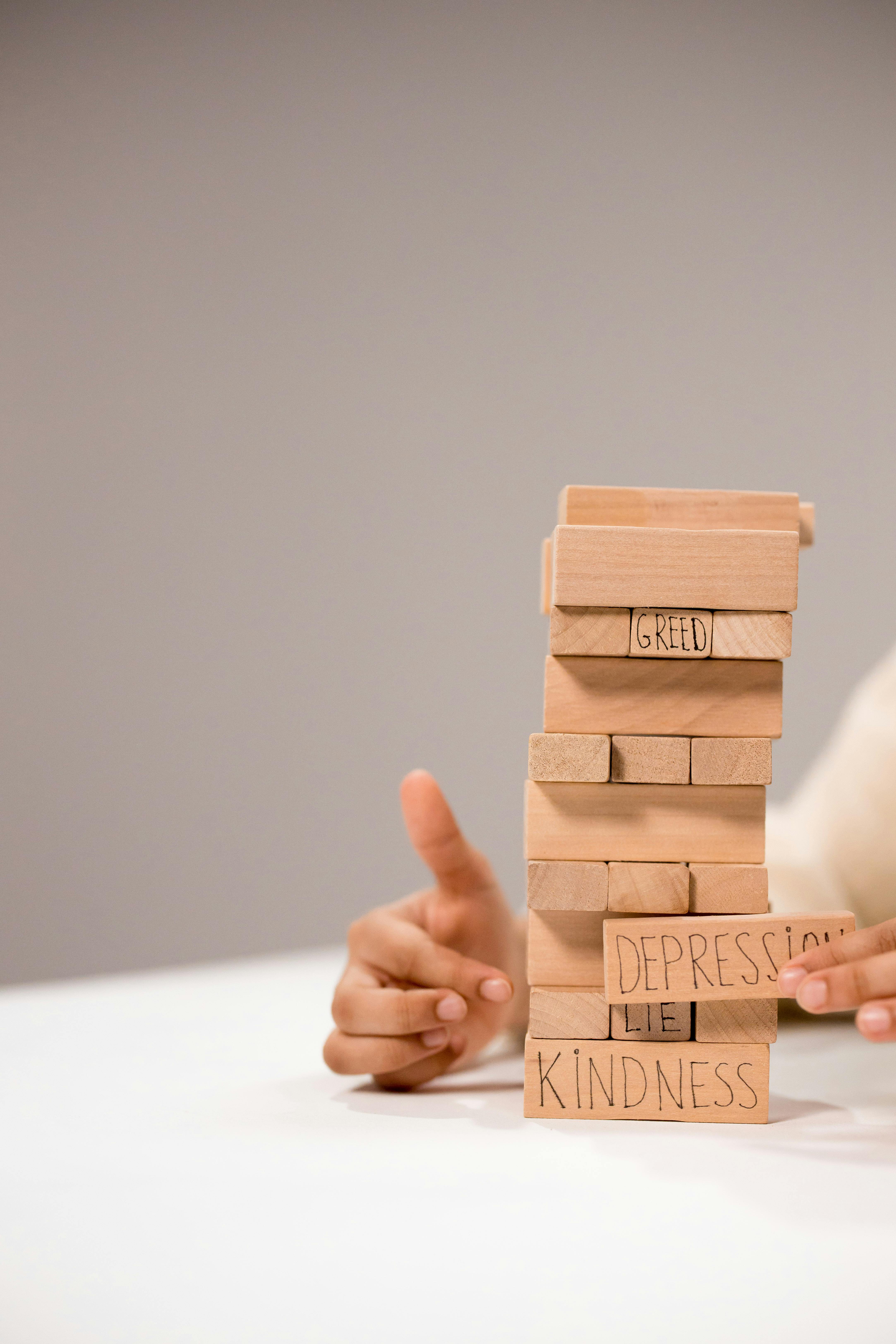
PROCESS FOLLOWED BY OUR REHAB :
At our rehabilitation center, there are specific criteria and a process that must be followed from the moment a patient is admitted until their discharge after recovery. Below is a brief overview of the steps involved in this process:
1. ADDMISSION PROCESS : -
First step to enter patient into our Nasha Mukti Kendra is admission process :
- Medical Examination tends to the patient’s lifestyle, psychological state, and diagnostic tests.
- Physical Examination tends to affect the physical health of a person.
- Laboratory Tests is a diagnostic procedure in which samples of blood, urine, tissue, or other bodily fluids are analyzed.
- Mental Health Evaluation tends to a person’s emotional, psychological, and social well-being.
- Drug History :-Prescription medications are provided to patients with conditions like high blood pressure or diabetes. In contrast, recreational or illicit drugs are avoided, as they may contain substances to which patients are allergic.
2. DETOXIFICATION PROCESS
Second step to enter patient into our Nasha Mukti Kendra is Detoxification process :
- Clear Patients Body tends to clear kidney & liver of patients.
- Calm Patients Mentally tend to relax patients mentally after clearing the body.
3. RECOVERY & PROCESS AFTER RECOVERY
Third step to enter patient into our Nasha Mukti Kendra is Recovery & Process after Recovery :
- Keep Away from Drugs & Alcohol to ensure recovery.
- Maintain Mental Peace to avoid any addiction.
THERAPIES PROVIDED BY OUR VYASAN MUKTI KENDRA
- Individual Therapy: This therapy focuses on individualized treatment provided to patients at the rehab center, ensuring that each person receives care tailored to their specific needs.
- Group Therapy: This therapy is designed for a group of patients who participate simultaneously, fostering a supportive environment where individuals can share experiences and encourage each other.

- Holistic Therapy :This therapy combines Ayurvedic activities and holistic rituals to treat patients both mentally and physically. By doing so, it aims to promote overall well-being and restore balance to the body and mind.

-
Sports Therapy: This therapy involves games organized by our rehabilitation center staff for the patients, offering an engaging way to promote teamwork, communication, and mental stimulation.
Meditation Therapy: This therapy focuses on promoting mental peace and stability in our patients, thereby helping them find balance and resilience throughout their recovery journey.

Prevention Guided By Our Rehab Experts:
We suggest the following to our recovered patients to help prevent falling back into addiction:
Managing stress healthily: The risk of substance use increases significantly during times of stress and change. Therefore, it’s crucial to rely on healthy coping mechanisms during these times, such as exercising, meditating, or learning a new hobby. Additionally, if you’re struggling to manage stress, consider seeking support from a mental health professional.
CONCLUSION
Drug addiction is a complex and chronic condition that demands comprehensive treatment and support for recovery. In this regard, rehab centers play a crucial role in helping patients overcome addiction by offering personalized care, medical supervision, counseling, and therapy.
Nevertheless, recovery is a long-term process that requires sustained commitment. With the right support and resources from our Nasha Mukti Kendra, individuals can rebuild their lives, regain control, and move toward lasting sobriety.
TESTIMONIALS
Is Bhandara Nasha Mukti Kendra is included best Kendra’s ?
Success Rates: Treatment approaches include a holistic method that combines therapy, counseling, medical care, and aftercare. Additionally, the success rate helps determine the treatment’s effectiveness.
Qualified Staff: The staff’s expertise is crucial to the recovery process. Moreover, their reputation influences the facility’s effectiveness and trustworthiness.
Reputation: Word of mouth and a strong reputation within the community also offer valuable insights into the quality of care and treatment provided.
what type of addiction treat in bhandara nasha Mukti kendra ?
Alcohol Addiction
Drug Addiction
Tobacco and Nicotine Addiction
Prescription Drug Addiction
Gambling Addiction
Behavioral Addictions
Which types of facilities are provided by Bhandara Nashamukti Kendra ?
Spiritual and Emotional Support
Mindfulness and Meditation
Holistic Therapies
Yoga and Meditation
Art and Music Therapy
Confidentiality and Privacy
Family is also involved in treatment ?
We offer family counseling and support programs to help families understand addiction, improve communication, and support their loved one’s recovery. We believe that involving the family is essential for a successful recovery process.
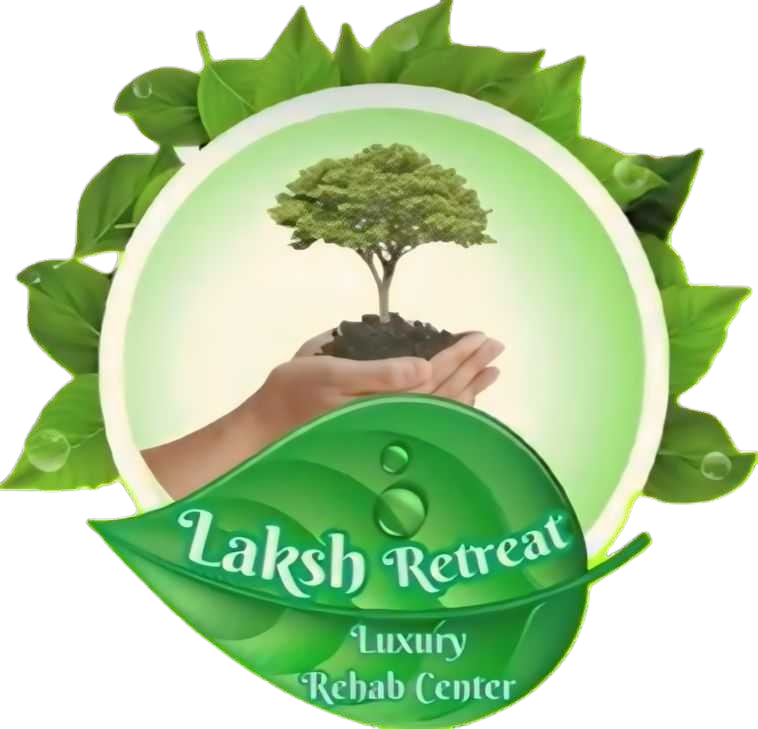

Trackbacks/Pingbacks